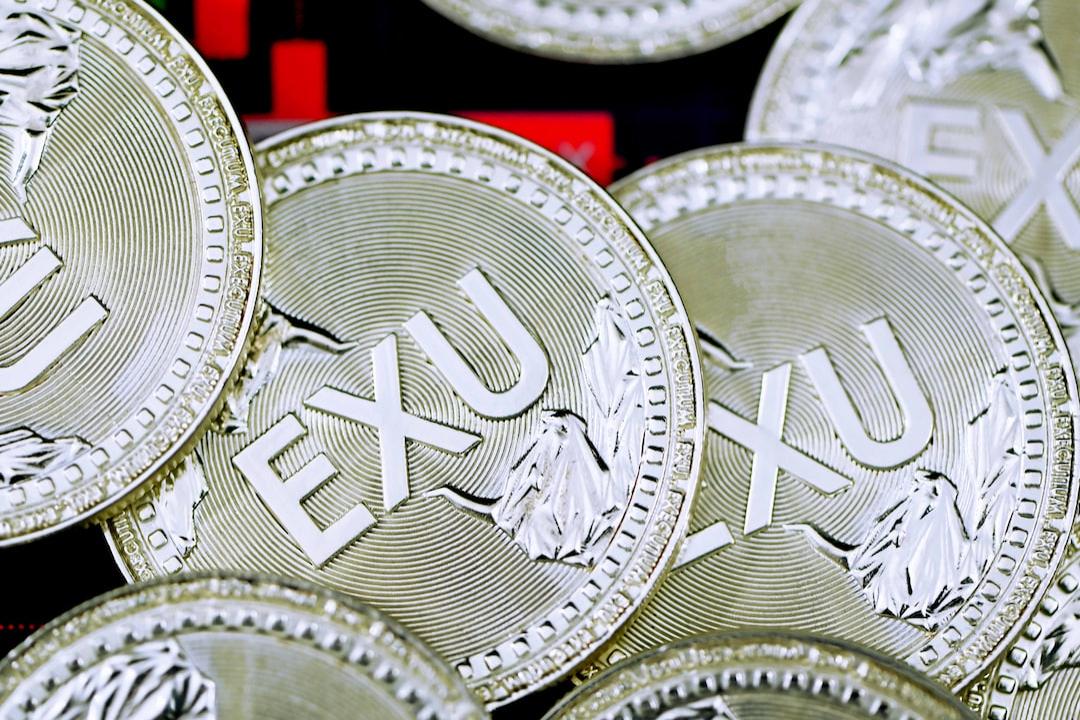Bitcoin (BTC) has long been hailed as unbreakable and untouchable, a digital stronghold against the forces of change. Bitcoin’s bedrock of security is facing its first true test with quantum computing, which should be addressed sooner rather than later. Its cryptographic armor will crack if not addressed, forcing the network to adapt or perish.
Bitcoin’s node count is growing, but incentives are still absent
Bitcoin’s full node network has grown over time, a sign of increasing adoption and a more robust infrastructure, but the core issue remains. The voluntary act of running a node still has no financial incentive. Miners earn rewards for securing the network, yet full node operators get nothing for their role in keeping Bitcoin decentralized.
At the same time, a significant portion of these nodes are run by exchanges, custodians and large mining pools. These are centralized entities with financial incentives to maintain control. Suppose Bitcoin’s node network continues to expand without proper incentives. In that case, the risk remains that validation will become increasingly dependent on a few well-funded players rather than a truly distributed base of individual users (see Figure 1).

All of this comes as running a Bitcoin node has never been easier. Plug-and-play solutions like Umbrel, Start9, RaspiBlitz, Cubit and Ronin Dojo allow anyone to set up a full node on low-cost hardware with minimal technical knowledge. These tools have lowered the barrier to entry, making node operation more accessible than ever before.
Yet adoption remains stagnant. Despite the ease of setup, most Bitcoin users still do not run their own nodes. The reason is simple: There is no financial incentive to do so.
Unlike miners, who earn block subsidies and transaction fees for securing the network, full node operators receive nothing. They validate transactions, enforce consensus rules, and contribute to Bitcoin’s decentralization, yet their efforts go unrewarded. As a result, node operation remains an ideological commitment rather than an economically viable activity.
If Bitcoin must be forked, we must use it to strengthen decentralization
Critics of the proposal argue that Bitcoin’s monetary policy should remain untouched. Others warn that introducing full node incentives could lead to Sybil attacks, where bad actors spin up thousands of fake nodes to exploit rewards. These concerns are valid — but they ignore the larger reality.
Bitcoin is on the path toward a forced consensus change. The honest debate is not whether Bitcoin should change but whether we will use this moment to strengthen it. If full Bitcoin node incentives are implemented correctly, they could drive a surge in node adoption, strengthening the network’s censorship resistance and reinforcing its decentralization. This would reduce dependence on large mining pools and exchanges for validation, spreading control more evenly among individual participants. Bitcoiners will have to continue pushing to keep Bitcoin resilient against corporate influence in a post-quantum world where security and decentralization will matter more than ever in the years ahead.
Poorly designed incentives could introduce risks, particularly Sybil attacks, where bad actors spin up thousands of fake nodes to exploit rewards. These challenges can be solved with the right Sybil resistance mechanisms in place. Ignoring them entirely would be far riskier than addressing them head-on.

Bitcoin’s future depends on this moment
Bitcoin’s greatest strength is its ability to remain decentralized and censorship-resistant. But that strength is not automatic; it requires an infrastructure that encourages broad participation.
The quantum-resistant hard fork will be a once-in-a-generation event. We may not get another chance if we fail to use it to fix Bitcoin’s broken incentive structure. Bitcoin’s future depends on getting this moment right.
This conversation should continue, but you should have some skin in the game and run a node yourself first.
This article is for general information purposes and is not intended to be and should not be taken as legal or investment advice. The views, thoughts, and opinions expressed here are the author’s alone and do not necessarily reflect or represent the views and opinions of Cointelegraph.

